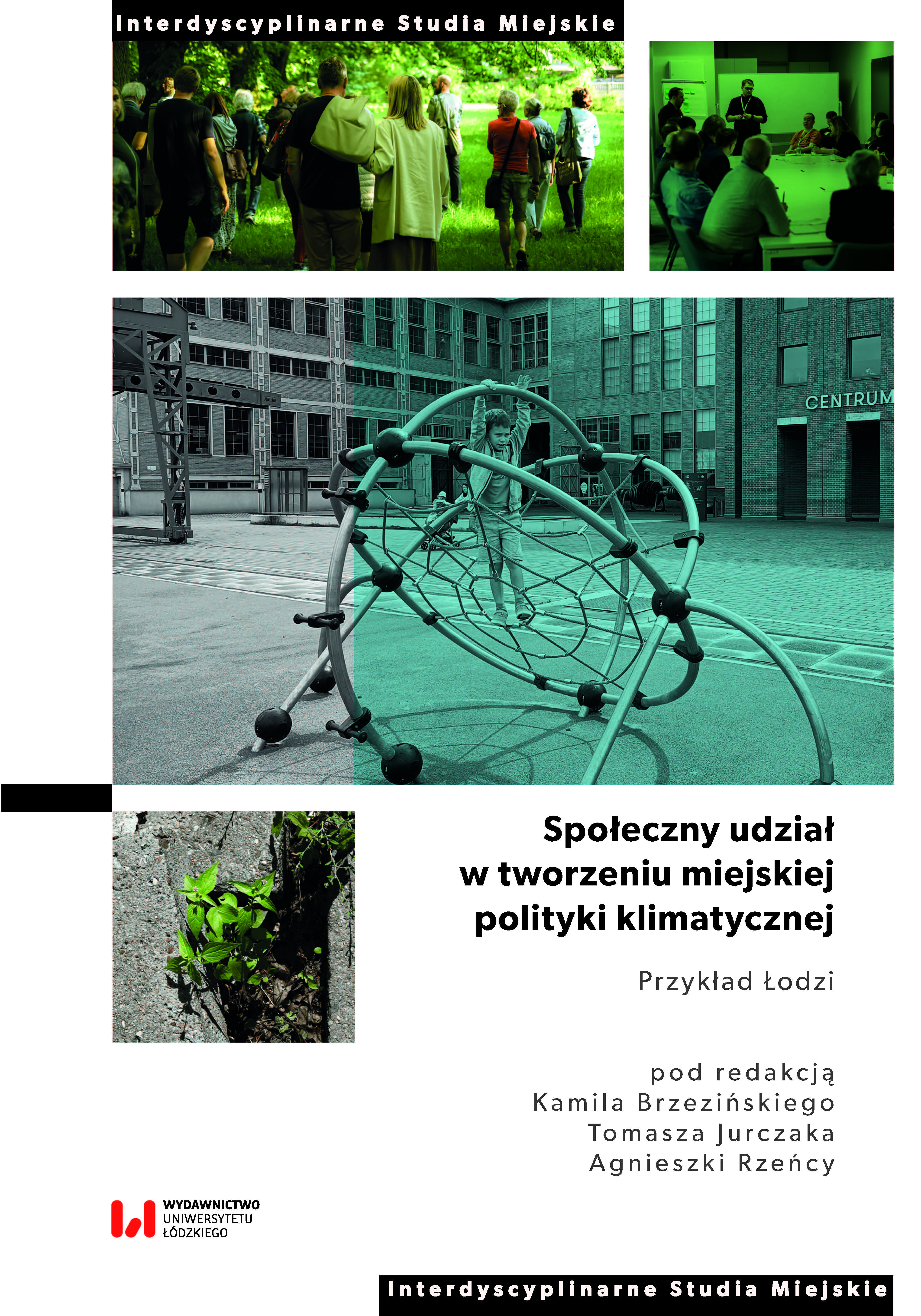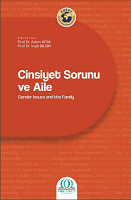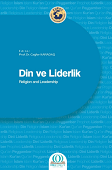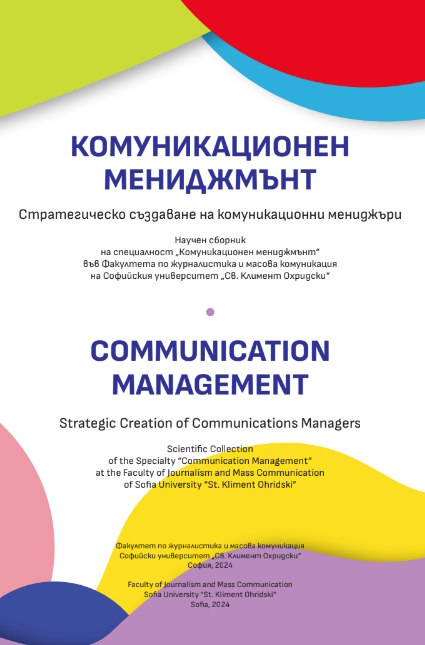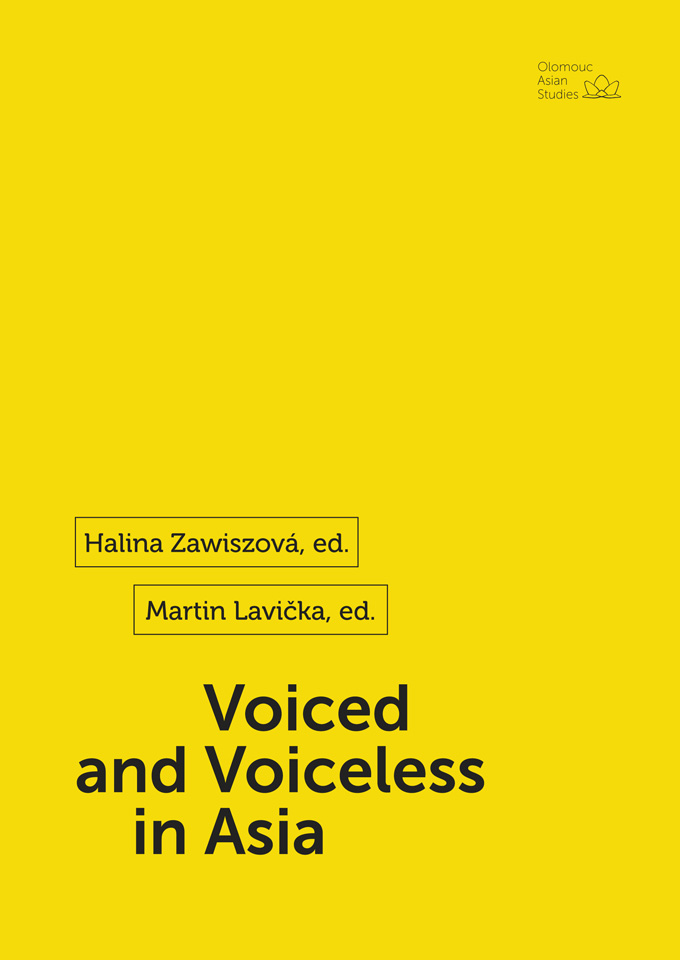
Female Writers and Autonomy in Love:
This study explores the voices of women in modern Japanese literature, focusing on female writers’ desire for autonomy in love during the beginning of the 20th century. Interestingly, female writers of this period often depict unfaithful wives. To explain this phenomenon, we examine the Japanese enthusiastic pursuit of European literary trends, such as the romantic reception of Paolo and Francesca in Dante’s Divina Commedia (The Divine Comedy), which glorifies adultery in the name of “true love.” In the Japanese literary world, empathy with the romantic concept of love idealized a longing for true love and overcame negative feeling towards adultery. Under these circumstances, female writers raised their voices for independence in love and marriage. Exemplifying the writers who adapted European literary and philosophical trends into their works to confront the laws and customs of Meiji Japan, this study clarifies that the trends paradoxically endorsed and created an explosive freedom for women to explore the concept of love.
More...
